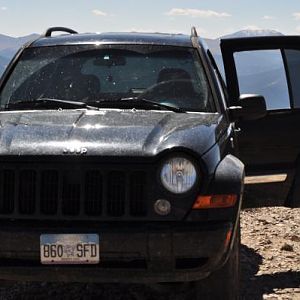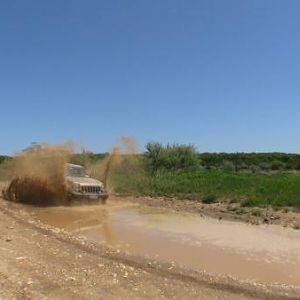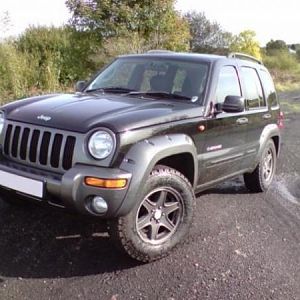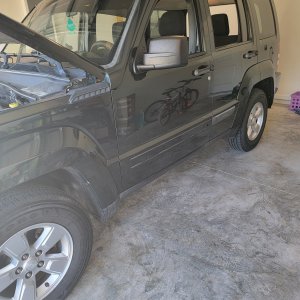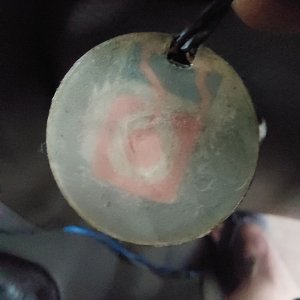Phil + Neela
Full Access Member
Here's my current MPG Calculator. I may have a slight affinity for excel...
I noticed a rather funny trend from the chart. The hotter it got, the worse my gas mileage became. Hard proof that A/C degrades gas milage.
Looking forward to a road trip next week to finally see what my highway MPG will be. Thus far, everything has been mixed city/highway, or just city.
You must be registered for see images attach
I noticed a rather funny trend from the chart. The hotter it got, the worse my gas mileage became. Hard proof that A/C degrades gas milage.
Looking forward to a road trip next week to finally see what my highway MPG will be. Thus far, everything has been mixed city/highway, or just city.



